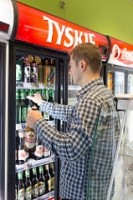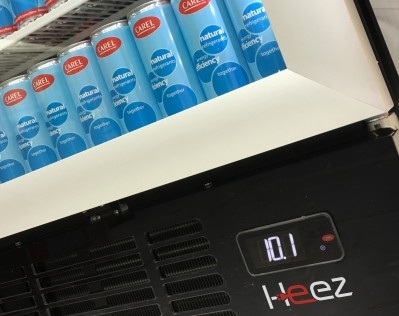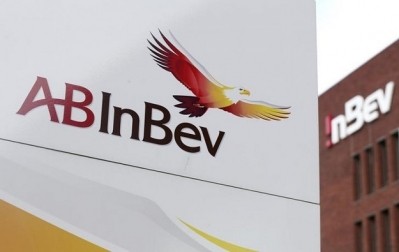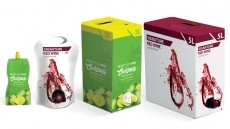SABMiller 2020 target to stop buying HFC fridges
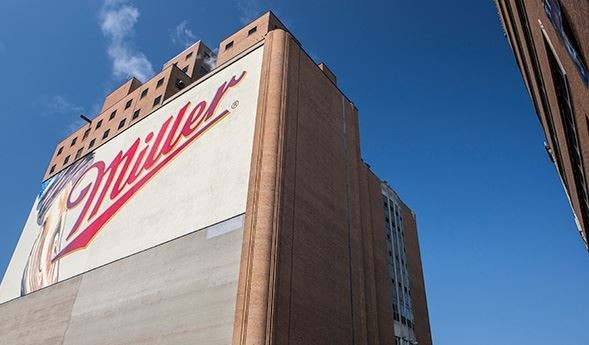
CGF is urging all consumer goods companies to phase out harmful (HFCs) focuses on four key points; the installation of new refrigeration equipment in markets where viable, engagement with stakeholders to overcome barriers in markets where installation is not currently viable, reduction of the environmental impact of existing refrigeration systems and the development of individual targets and action plans to measure the first three points.
Voluntary but authoritative
Alan Clark, CEO, SABMiller, told BeverageDaily, positive actions by global consumer goods companies over the last six years have proved the commercial and operational viability of low carbon refrigeration systems in many parts of the world.
“As part of our Prosper sustainable development ambition, SABMiller has a 2020 target to purchase no new HFC fridges. This new Refrigeration Resolution will help the whole industry move towards eliminating high global warming-potential refrigerants from our sector, as part of our active commitment to the Paris Climate Agreement," he said.
HFCs represent 1.5% of total warming potential and this is expected to increase to 6-9% of total greenhouse gases (GHG) by 2050. The announcement is seen as a vital next step to keeping the global average temperature rise to below 2°C.
CGF board of directors include; John Bryant, president/CEO, Kellogg Company; Paul Bulcke CEO, Nestlé; Denise Morrison, president/CEO, Campbell Soup Company, and vice co-chair CGF and Emmanuel Faber, CEO and vice-chairman of the Board of Directors, Danone.
The Board agreed on a resolution on refrigeration in November 2010, to phase out HFC refrigerants as of 2015. In January this year it confirmed successful closure of this resolution.
SABMiller HFC actions
Market conditions vary between regions, and the regions are progressing at different paces towards the target; however, all have committed to phase out the purchase of HFC fridges by 2020:
• Europe, up to 85% of new fridges purchased in its European operations in 2015 have been HFC free. In the bulk of cases the outstanding numbers relate to specific models not yet available in the required technology, and it is expected this will be solved before F20;
• Africa & Latin American, the challenges of technology, costs and service availability provide different challenges than in Europe. Pilot projects have been launched in more than a dozen markets to test HFC-free technologies. In Latin and Central America, nearly 19% of new fridge purchases in 2015 were HFC free, with about 8% achieved in Africa. This includes the use of CO2 refrigerant in fridges for carbonated soft drinks.
• In some of its developing world markets the introduction of HFC-free fridge models without the required local maintenance capability has led to some disruption in trade. It is working with suppliers and local markets to address the issue.
This second resolution is a continuation of that promise to phase out and call for the inclusion of HFCs in the Montreal Protocol. Both resolutions are voluntary but authoritative (non-binding in a legal sense).
20% of end to end value chain emissions
Clark added trade refrigeration is a meaningful component of about 20% of the end to end value chain emissions of the group. The bulk of the CO2 emissions come from the electricity used by such coolers.
“HFCs have a disproportionately negative environmental impact and would represent substantial risks to the group in the future, such as falling behind peer companies on a key carbon issue and falling behind the curve of rapidly changing regulatory environment on HFCs,” he said.
“The group recognized opportunities in this new strategy such as underpinning a cold refreshment brand positioning, lower energy costs for customers, building loyalty with customers and increased reputation as a respected FMCG company.”
The move to HFC free fridges for SABMiller started with its European operations when it bought 8,000 fridges for its Polish retail network, with a propane gas refrigerant. Then in 2014, it published an external target not to purchase any HFC fridges beyond 2020, where technologically and financially feasible.
It launched a number of pilot projects to test the performance of natural refrigerants in different conditions and has developed user-friendly guides and training tools for its sales teams and retailers to guide them on the safe and sustainable operation of trade fridges.
Ignacio Gavilan, director, sustainability, CGF, said the CGF recognises a rapid phase down of high GWP (global warming potential) HFCs and more sustainable management of refrigeration and systems is necessary to meet the ambitious goal of holding the increase in the global average temperature to well below 2°C above pre-industrial levels and to further pursue efforts to limit the temperature increase to 1.5°C, as set out in the Paris Climate Agreement (COP21).
He said in 2010, when the CGF's original Refrigeration Resolution was announced, refrigeration was already playing a key role in the consumer goods industry, but the low carbon technologies to replace HFCs were unproven.
After trialing new approaches, its members have now installed low carbon refrigeration systems in over 4,000 supermarkets, four million ice cream and drinks chiller units worldwide and industrial plants with the majority being natural refrigerants.
Gavilan added, while the CGF acknowledges the testing of pilots and introduction of natural refrigerants has been positive, this second resolution is necessary to further drive uptake and ensure HFCs are permanently removed from operational systems globally.
